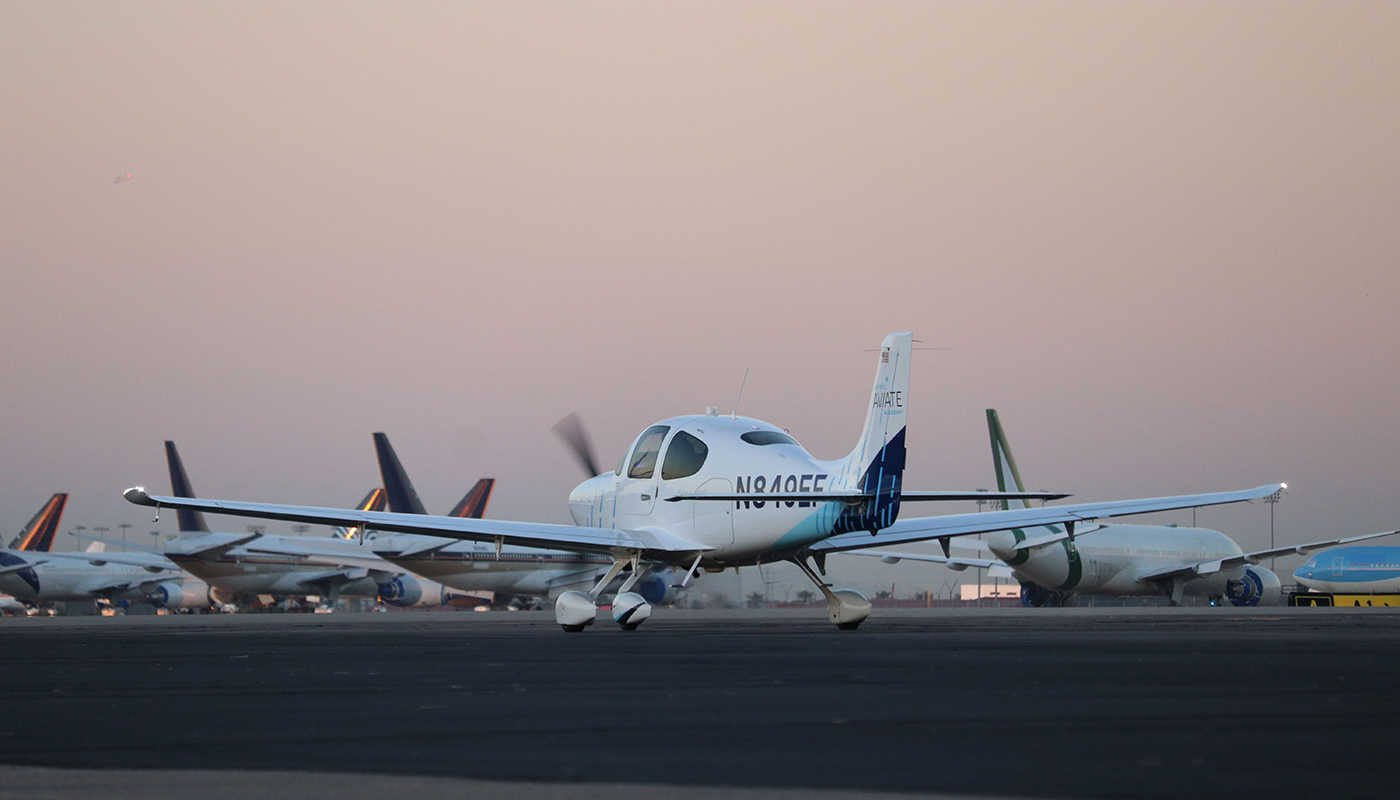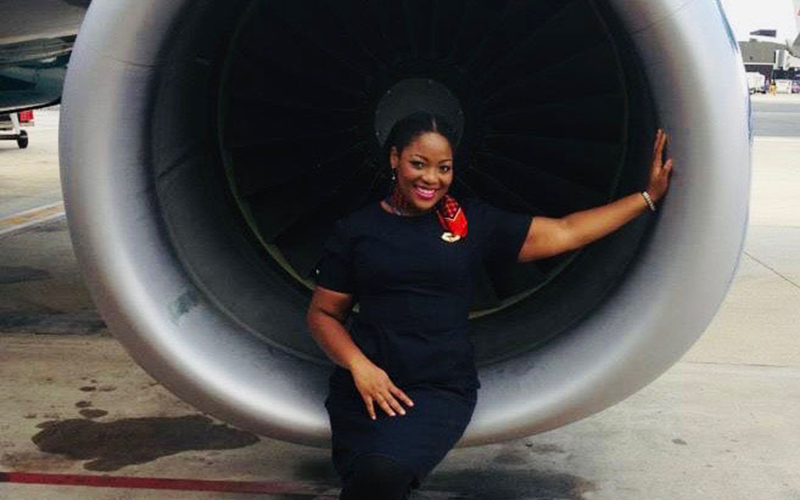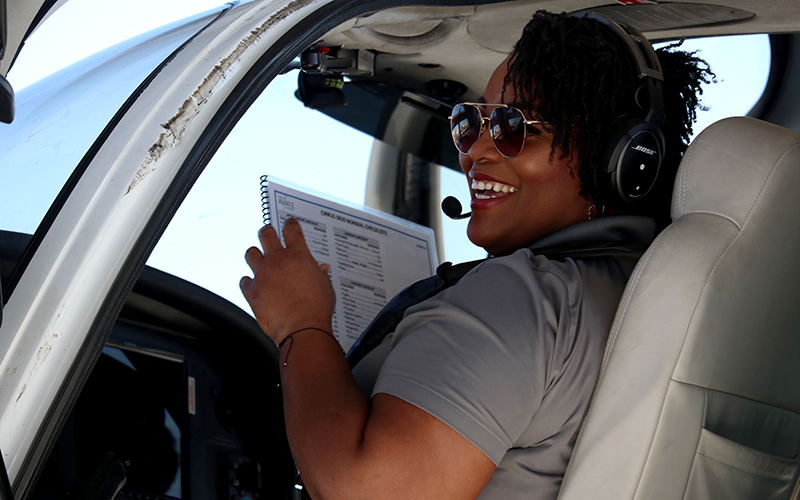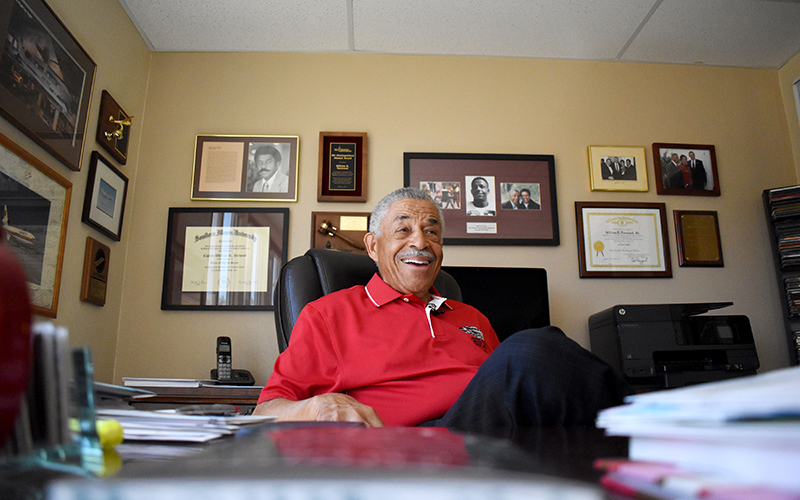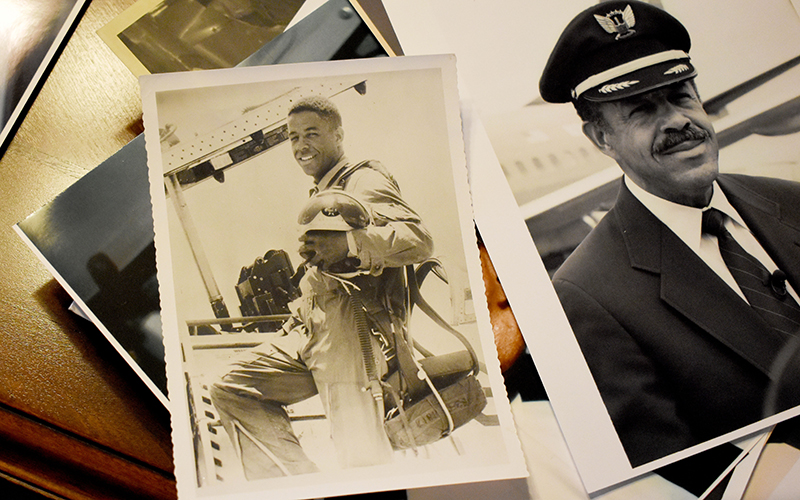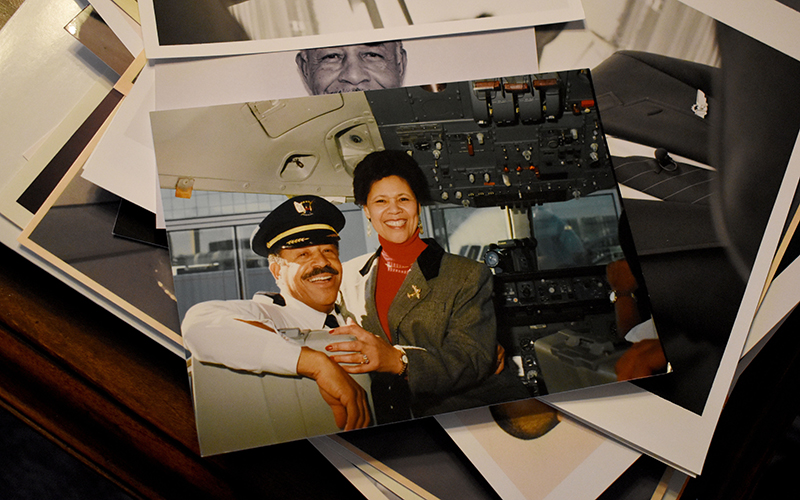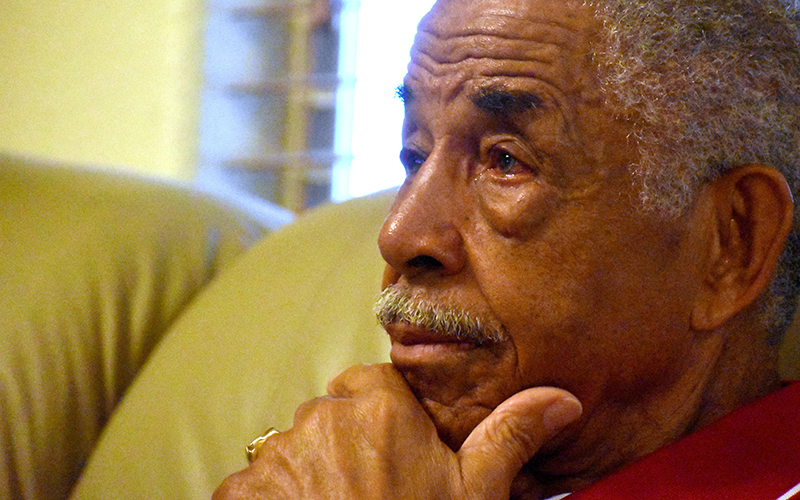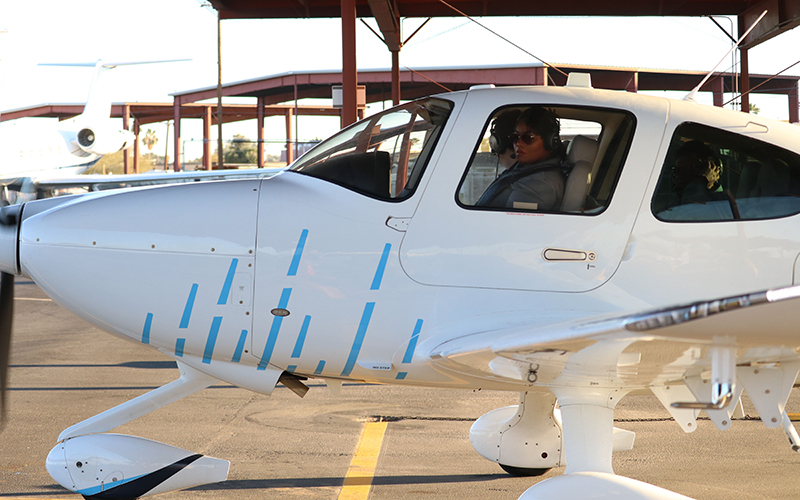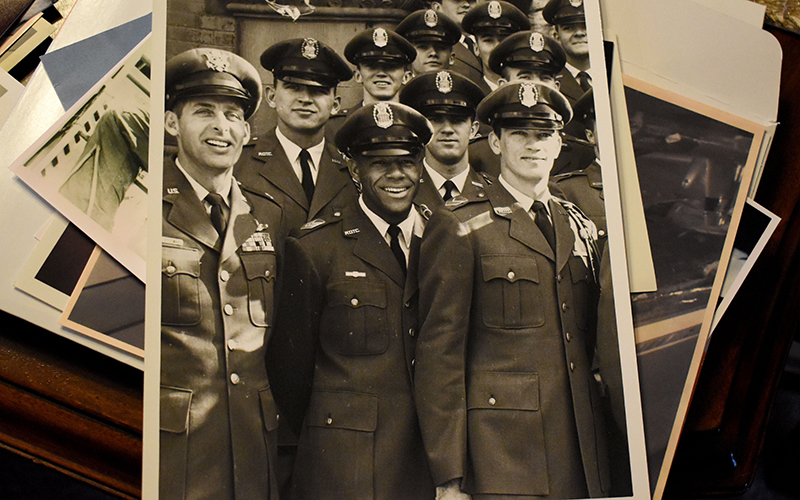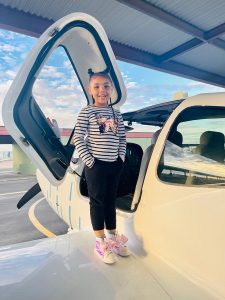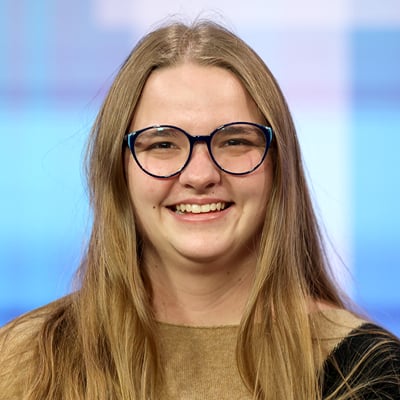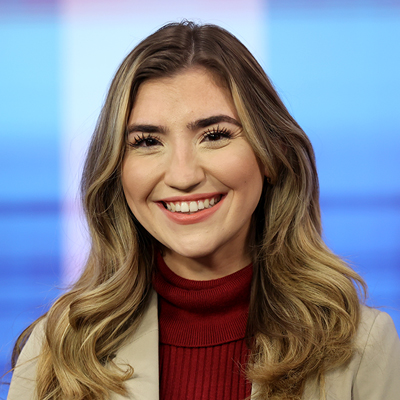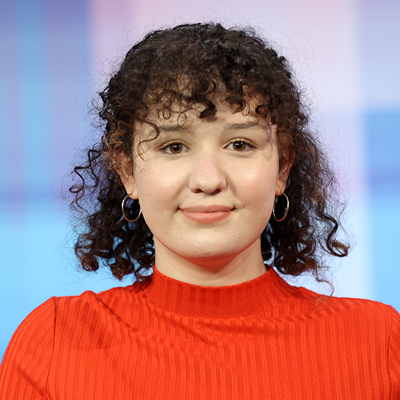Growing up in Jamaica, Foster, 38, believed that becoming a flight attendant was her only path to the sky, but even that wasn’t easy. It wasn’t until a friend pushed her to take a chance at becoming a pilot – after more than 10 years as a flight attendant – that she truly thought she could take that leap.
Foster began the journey by trying to obtain her private pilot’s license.
“I had to stop for financial reasons, but it never left me – it was just in my soul,” Foster recalled. “And I decided, ‘OK, I’m going to make this happen one way or another.’”
That dream culminated in the United Aviate Academy, where Foster is one of 30 pilots in training in the inaugural class.
In the first year of the program, students complete their pilot training. Over the next 18 months, they must meet flight-hour requirements to earn an airline transport pilot certification.
United Airlines CEO Scott Kirby, in a statement, said the airline hopes to train more than 5,000 pilots over the next decade.
Capt. Curtis Brunjes, managing director of the academy, explained that the program is aimed at ensuring “an adequate supply of pilots at United” and “fulfilling (the airline’s) commitment to diversity.”
Brunjes said United and JPMorgan Chase are offering $2.4 million in scholarships to first-year students to make the program more financially accessible.
Foster appreciates the program’s commitment to diversity.
“This has been a male-dominated field for a very long time and predominantly white men, but our passengers don’t necessarily look like that,” Foster said. “So we’re changing it. And I’m a part of that change.”
